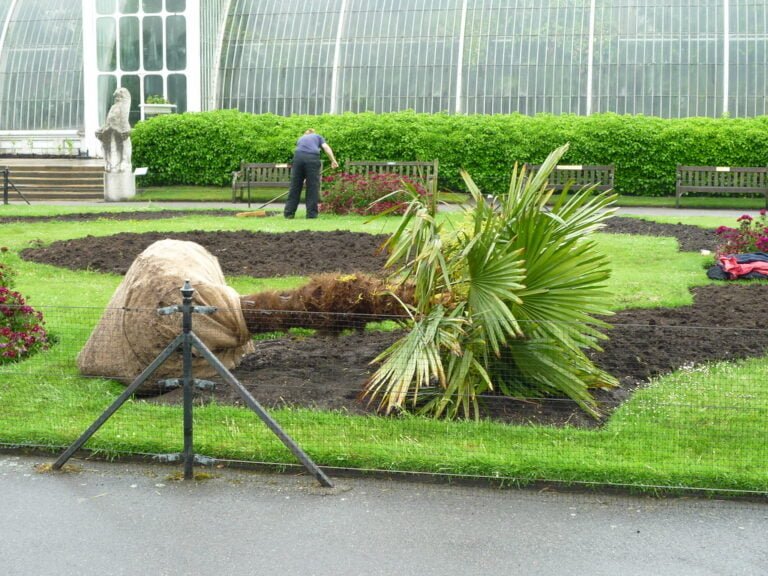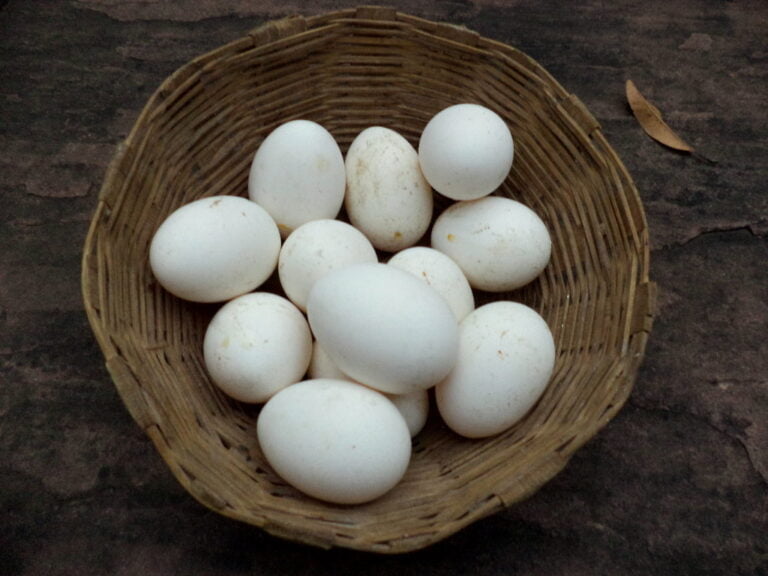Effective Methods to Eliminate Whiteflies
I recommend using neem oil as an effective and environmentally friendly method to combat whiteflies. Neem oil disrupts their growth and development while sparing beneficial insects like ladybugs. Introducing predators such as lacewings, parasitic wasps, spiders, and dragonflies can also help control whitefly populations. Strengthening plant resistance through soil health improvement, adjusting nitrogen levels, applying mulch, and proper watering practices are essential. Targeting whitefly larvae directly under leaves is vital for effective control. By implementing these methods, you can effectively eliminate whiteflies and protect your plants.
Natural Remedies for Whitefly Control
Neem oil proves to be a highly effective natural remedy for controlling whiteflies while causing minimal harm to beneficial insects. When combating whitefly infestations, choosing organic methods like neem oil can be a game-changer. Neem oil works by disrupting the growth and development of whiteflies, ultimately leading to a decline in their populations. Its mode of action is particularly advantageous as it targets pests while sparing beneficial insects such as ladybugs.
Aside from its significant impact on pests, neem oil also contributes to overall plant health. By using neem oil, we can maintain the balance of beneficial insects in the ecosystem, ensuring a more sustainable approach to pest control. Additionally, neem oil does not leave harmful residues in the environment, making it a preferred choice for those seeking eco-friendly solutions.
In addition to utilizing neem oil, enhancing soil health can play a critical role in reducing whitefly infestations. Healthy soil leads to stronger, more resilient plants that are better equipped to withstand pest attacks. By focusing on improving soil quality through organic practices, we can indirectly bolster plant resistance to whiteflies, creating a less hospitable environment for these pests to thrive.
Introduction of Beneficial Insects
Introducing beneficial insects into the garden ecosystem can effectively aid in controlling whitefly infestations through natural predation and population regulation. Ladybugs, known as vital predators of whiteflies, play an important role in pest control by feeding on both adult whiteflies and their larvae. Lacewings are another beneficial insect species that target whiteflies in all stages of their life cycle, consuming eggs, larvae, and adults. Additionally, parasitic wasps, like Encarsia formosa, parasitize whitefly nymphs, leading to a decrease in the whitefly population over time.
Spiders are effective predators of whiteflies and can be introduced into the garden to assist in controlling infestations. Moreover, dragonflies and mites also contribute to natural pest control by preying on whiteflies. By incorporating these beneficial insects into the garden ecosystem, a balance can be achieved that supports the natural suppression of whitefly populations.
Organic Pest Control Measures
Improving plant health through the implementation of organic pest control measures is essential in effectively managing whitefly infestations in a sustainable manner. Neem oil, derived from the seeds of the neem tree, is a significant organic remedy that can help control whiteflies while causing minimal harm to beneficial insects. Ladybugs, known for their voracious appetite for pests like whiteflies, are valuable natural predators that can be introduced to combat whitefly populations in an organic and environmentally friendly way.
Furthermore, focusing on enhancing soil health can play an important role in boosting plant resistance to whiteflies. Healthy soil supports strong plant growth, which in turn makes plants more resilient to pest attacks. By opting for organic pest control methods instead of harsh chemical treatments, not only can whitefly infestations be managed effectively, but plant health and the surrounding environment can also be safeguarded.
It is imperative to be able to identify whitefly larvae accurately as part of implementing the appropriate organic pest control measures. Being proactive in utilizing organic solutions not only aids in controlling whiteflies but also promotes a balanced ecosystem by preserving beneficial insects and maintaining overall plant health.
Strengthening Plant Resistance
To enhance plant resistance against whiteflies, adjusting soil nitrogen levels by testing and modifying fertilizer applications is essential. Lowering nitrogen levels in the soil can play a pivotal role in improving plant resistance against whiteflies. By testing soil nitrogen levels and adjusting fertilizer applications accordingly, it is possible to deter whitefly infestations effectively. Proper nitrogen levels in the soil not only contribute to overall plant health but also reduce the plant’s susceptibility to whiteflies.
In addition to managing nitrogen levels, applying mulch and using appropriate fertilizers are practical steps to help plants resist whitefly attacks. Mulch serves as a protective barrier, helping to maintain soil moisture and temperature, which are important for plant health and resilience against pests like whiteflies. Proper watering practices and nutrient management are also key components in maintaining soil and plant health, which in turn can prevent whitefly infestations. Ensuring that plants receive adequate water and essential nutrients will promote their growth and vigor, making them less attractive to whiteflies.
Targeting Whitefly Larvae
Targeting whitefly larvae requires a strategic approach to disrupt their life cycle and minimize their impact on plant health. Whitefly larvae, which are small, legless insects, pose a significant threat to plants as they begin feeding on plant sap immediately after hatching. These larvae are commonly found on the undersides of leaves, making them somewhat challenging to detect.
Identifying whitefly larvae is vital in implementing effective control methods. One way to spot them is by closely inspecting the undersides of leaves where they typically reside. Once identified, targeting these larvae becomes necessary to prevent further damage to the plant. Whitefly larvae can cause harm by weakening the plant and ultimately stunting its growth if left unchecked.
To prevent infestations and control whitefly populations, focusing on methods that specifically target the larvae is crucial. Implementing control measures such as introducing natural predators, using insecticidal soaps or oils, and deploying reflective mulches can help eliminate whitefly larvae effectively. By disrupting the life cycle of these pests, their numbers can be reduced, thereby safeguarding the health of plants and minimizing potential damage caused by whitefly infestations.






